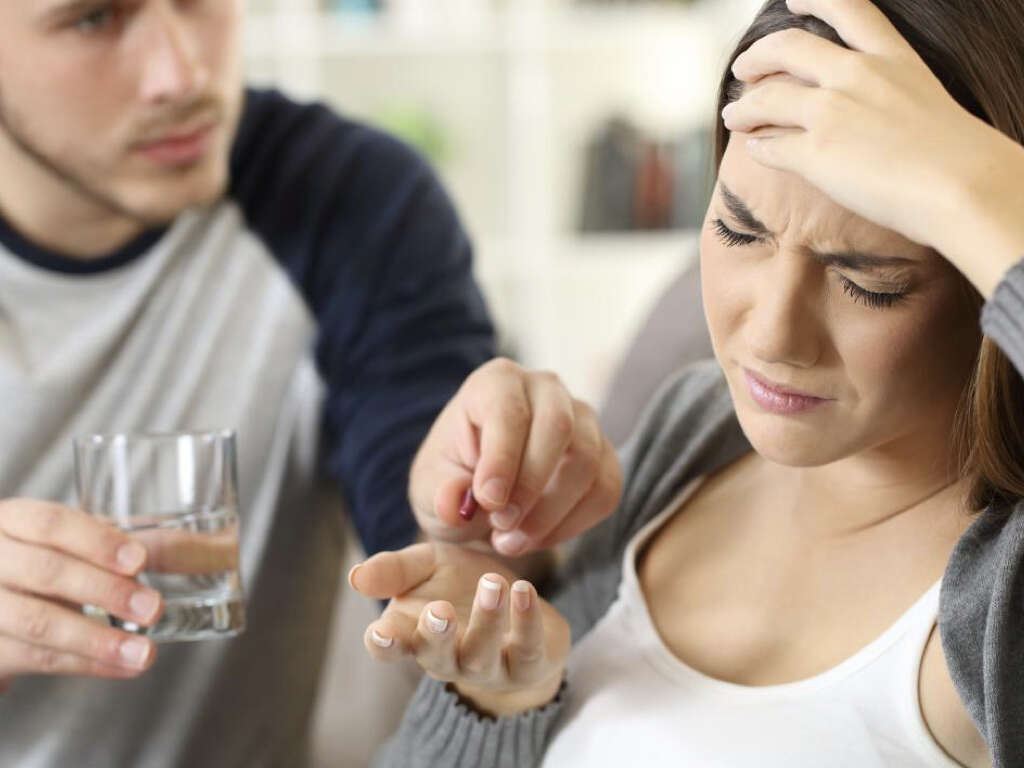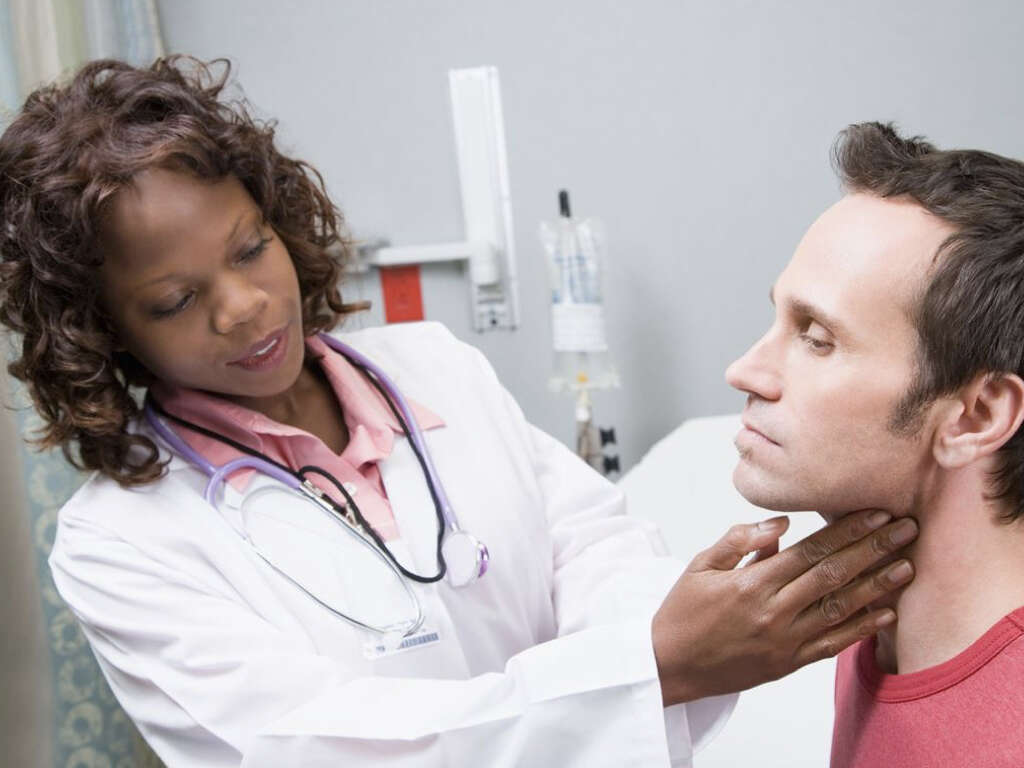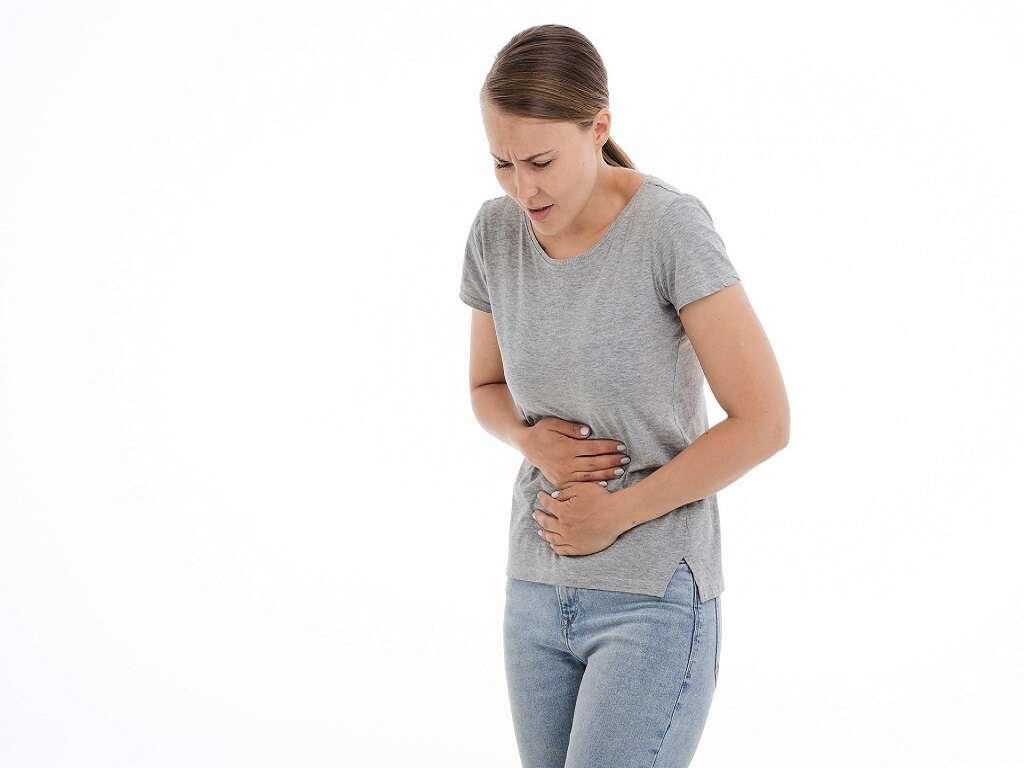10 Trichinosis Symptoms
 Article Sources
Article Sources
- 1. 'CDC - Trichinellosis - General Information.' Centers for Disease Control and Prevention, 4 Sept. 2020, www.cdc.gov/parasites/trichinellosis/gen/info/faqs.html
- 2. 'Diarrhoea.' Trusted Health Advice | Healthdirect, 5 Sept. 2020, www.healthdirect.gov.au/diarrhoea
- 3. 'Trichinosis - Symptoms and Causes.' Mayo Clinic, 29 May 2020, www.mayoclinic.org/diseases-conditions/trichinosis/symptoms-causes/syc-20378583
- 4. 'Trichinosis Fact Sheet.' New York State Department of Health, www.health.ny.gov/diseases/communicable/trichinosis/fact/sheet.htm
Trichinosis, also known as trichinellosis, is an illness caused by the parasite trichinella. The larvae of this roundworm can be present in raw or undercooked meat products. Commonly, carriers of the parasite include wild animals and pigs, although infection from farm-raised pork in North America is rare.
When humans eat improperly prepared meat infected with the parasite, they can become ill. Symptoms may start within one to two days following consumption of the meat and can continue for up to eight weeks. Infection can not be spread through human-to-human contact.1‘CDC - Trichinellosis - General Information.’ Centers for Disease Control and Prevention, 4 Sept. 2020, www.cdc.gov/parasites/trichinellosis/gen/info/faqs.html

Diarrhea and Stomach Pain
Humans infected with the trichinella parasite may begin to experience diarrhea within a day or two of eating contaminated meat products. It's defined as loose or watery stools that occur more than three times a day.
Diarrhea can be uncomfortable when accompanied by other symptoms, such as stomach pain or a strong urgency to use the restroom. The repeated passing of loose bowel movements can lead to dehydration, particularly in children or the elderly. Sipping water or drinking an oral rehydration liquid may help to keep the body hydrated.2‘Diarrhoea.’ Trusted Health Advice | Healthdirect, 5 Sept. 2020, www.healthdirect.gov.au/diarrhoea

Nausea
An uncomfortable symptom, nausea is a general feeling of stomach unease. It can feel like a bubbling or gurgling sensation that often precedes vomiting. This can be a passing sensation that comes in waves or may linger for longer periods.
With nausea, people usually are unable to consume any foods or fluids or even think about trying. The condition can feel debilitating if it lasts for a while, as sufferers may wish to stay motionless and quiet.

Fatigue
Trichinosis can cause fatigue, described as an overall lack of energy or a general feeling of being very tired. People may feel as though they could stay in bed all day. While it could present as sleepiness, it may also be accompanied by the sense of having no motivation to do anything.
Taking the time to rest during periods of illness can help the body fight the infection and recover.

Fever
Individuals suffering from trichinosis may experience a fever, ranging from a low grade to a higher temperature. This can start in the first few days but may also appear or worsen after the infection has been in the body for a few weeks.
Checking body temperature with a thermometer can help to confirm that a fever is present. An abnormal body temperature is sometimes accompanied by fatigue and aching muscles or joints.
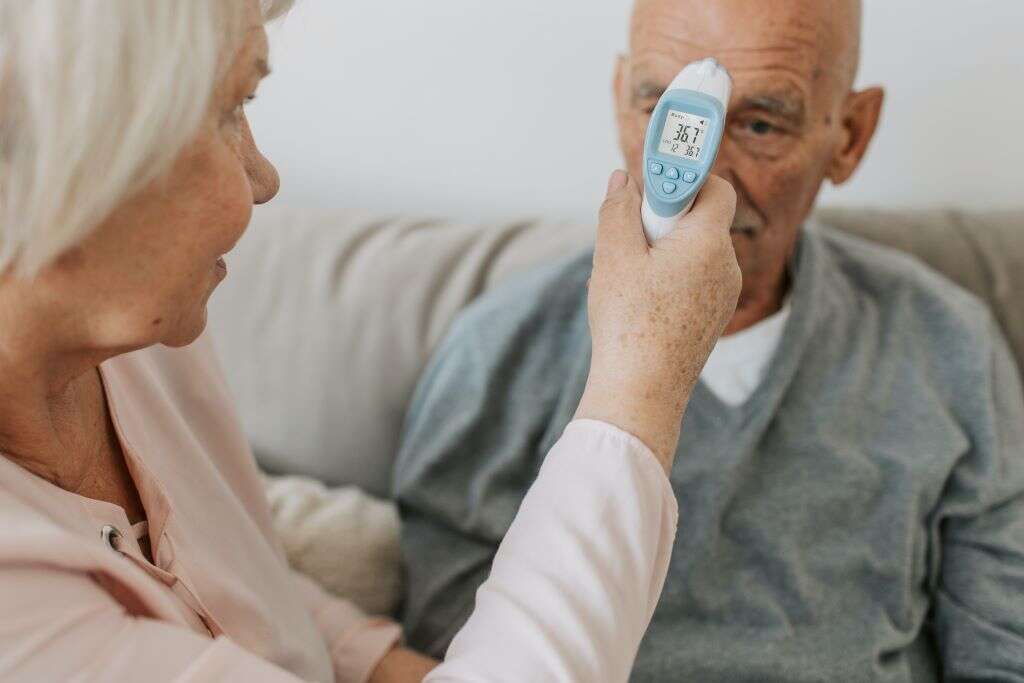
Headache
Many people suffer from headaches on a regular basis, but with a parasitic infection, individuals may have a nagging headache that lasts longer than would be expected. This may feel different depending on the person but can be a general ache or a throbbing pain in the head.
Head pain usually occurs about a week after getting the infection and can be treated with over-the-counter pain relief medications. However, if an infection is suspected, speak with a doctor about the best options.

Chills
Having the chills is more than feeling a bit cool. This is the sensation of being cold, but when a warm sweater or blanket is added, the feeling doesn't subside. A person may feel as though they are shivering or vibrating.
While chills often accompany a fever, they can also be a sign that the body is unwell or fighting an infection. Take care to keep the body warm without overheating with an overabundance of layers.
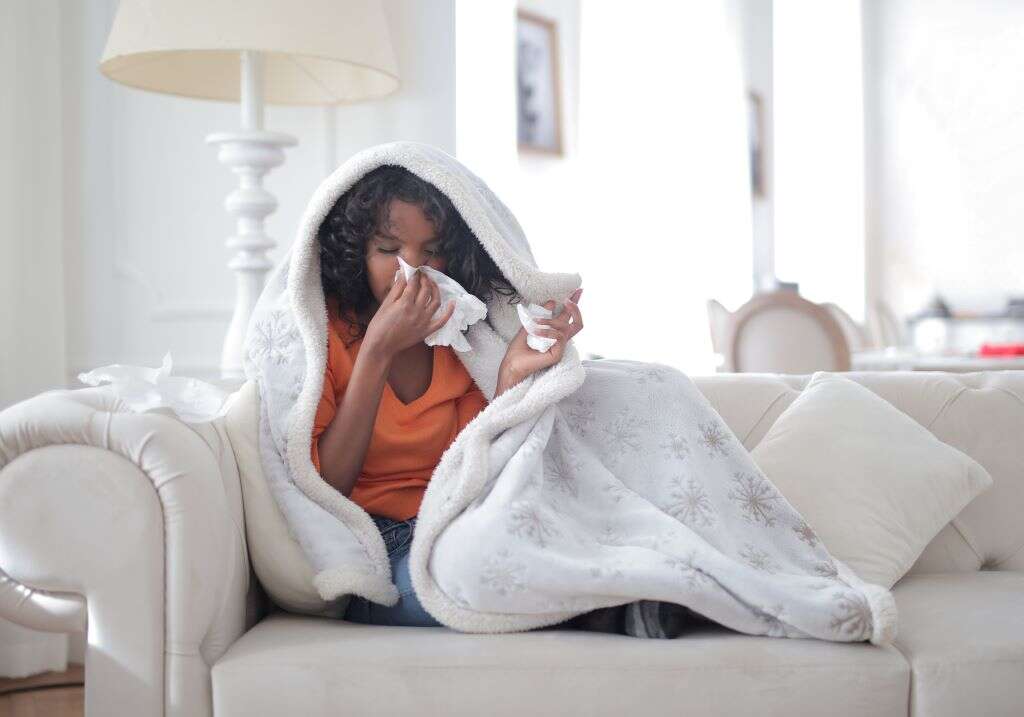
Muscle Soreness
With a trichinosis infection, an individual's muscles may be sore. It may feel similar to the aches following a tough workout but without having done any intense activity. This discomfort can make moving uncomfortable and challenging.
A warm blanket or compress may help to soothe achy legs and arms. Over-the-counter pain medications and creams may be recommended by a physician to help a patient recover from their infection more comfortably.

Pain and Swelling Around the Eyes
Many symptoms of trichinosis occur about a week following the initial infection, including body aches, and headaches as well as discomfort near the eyes. This can include swelling on the face or puffiness in the eye area.
Individuals may also experience a sensitivity to bright light. Patients sometimes experience pink eye, also known as conjunctivitis.3‘Trichinosis - Symptoms and Causes.’ Mayo Clinic, 29 May 2020, www.mayoclinic.org/diseases-conditions/trichinosis/symptoms-causes/syc-20378583 Using a clean, damp compress or light eye mask may help relieve some discomfort.
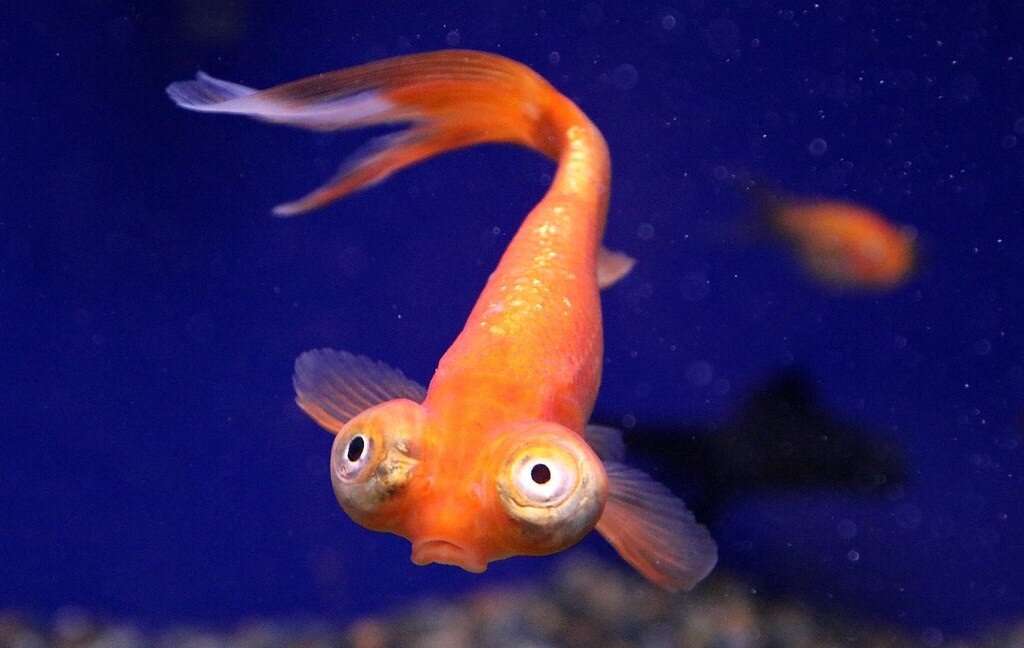
Diagnosis
Patients may experience mild and tolerable symptoms that resolve on their own. For others, the infection causes intense symptoms that cause them to seek out medical care. Patients should inform their doctor if they believe they have consumed improperly cooked meat.
A blood test can suggest the presence of trichinella in the patient's body. Occasionally, a biopsy of a muscle will be collected and examined under a microscope in a laboratory to confirm the diagnosis.4‘Trichinosis Fact Sheet.’ New York State Department of Health, www.health.ny.gov/diseases/communicable/trichinosis/fact/sheet.htm

Treatment
The good news is that trichinosis is treatable with medication. Upon confirmation of the diagnosis, a doctor can prescribe antiparasitic medicines, such as mebendazole or albendazole. These help to kill the adult parasite and stop any additional larvae from spreading in the body.4‘Trichinosis Fact Sheet.’ New York State Department of Health, www.health.ny.gov/diseases/communicable/trichinosis/fact/sheet.htm
A doctor or pharmacist may recommend additional treatments to help manage any uncomfortable trichinosis symptoms. Always speak with a medical professional before taking any medications or remedies.




